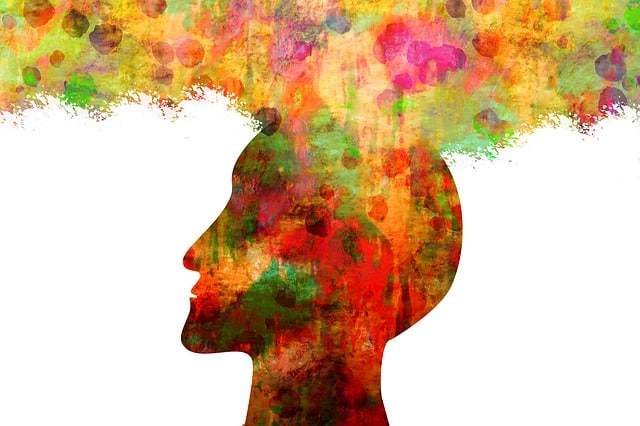
Criticism was devised by Immanuel Kant.
Criticism is the theory or doctrine that develops an investigation about the possibilities of knowledge, taking into account its sources and limitations. This system of philosophy was proposed by Immanuel Kant (1724-1804).
It is important to mention that, although criticism is associated with Kant , there are other types of criticism. The so-called Kantian criticism arose from a criticism of empiricism and rationalism , considering that these doctrines do not take into account the active role of the individual in the cognitive process.
Kant's criticism
Kant sought to establish a link between universal laws and the certainty that knowledge is generated from sensory experiences . If knowledge derives from the senses, the facts are individual and it is not possible to know general principles.
Given this, Kant's criticism distinguishes between analytical judgments (which are independent of nature and can be established universally) and synthetic judgments (linked to experience about a particular event). While analytical judgments are a priori and do not increase knowledge, synthetic judgments do increase knowledge. These synthetic judgments, depending on an experience about a concrete fact, seem to be a posteriori , although Kant maintains that science has to generate statements that are not contingent. Scientific activity, therefore, consists of substantiating synthetic a priori judgments: establishing statements that are valid at a universal level and independent of the enumeration of verified events.

Criticism analyzes the sources, possibilities and limits of knowledge.
Senses and perception
According to criticism, in short, it can be said that everything that exists in intelligence comes from the experience of the senses , although not all knowledge comes from what is perceived with the senses. Something is known when the intellectual faculties are applied to the object of knowledge: what is known, in this way, has its origin in the known object, but also in an intellectual structure (composed of the forms of perception, understanding and reason).
Perception is the organization, identification and interpretation of sensory information so that we can represent and understand the environment and the information presented to us. Understanding is defined as "the faculty of thinking," and it is the ability that allows us to discern the way in which the parts of a matter relate to each other and then integrate them. Thanks to reason , we can identify and question concepts, as well as induce or deduce new ones from known ones.
Criticism and universal laws
One of the problems that criticism sought to solve was the apparent existence of universal laws , which are expressed in fields such as mathematics. For example, when faced with a simple addition of two integers, it is not easy to maintain that there is more than one possible result: it is correct to say that 4 + 3 always yields 7 .
Let us not forget that this doctrine proposes that it is only through what the senses experience that we can access knowledge, without the influence of general principles, but simply individual objects and events.
The epistemology
Criticism is a philosophical system according to which epistemology is a fundamental and independent discipline, prior to any other, which is why it is necessary to define it. Epistemology is a branch of philosophy that focuses on knowledge as an object of study.
Among the main problems that epistemology addresses are the historical, psychological and sociological circumstances that lead to obtaining knowledge, as well as the criteria by which it can be justified or invalidated. It also deals with clearly and precisely defining concepts such as reality , truth , justification and objectivity . It is possible that its emergence took place in Ancient Greece, initially at the hands of Plato and Parmenides, among other philosophers.
